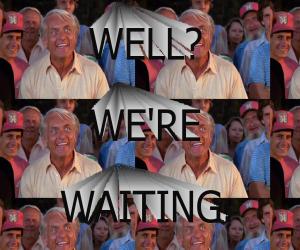DSGE
VIP Member
- Dec 24, 2011
- 1,062
- 30
- 71
You're going to have to justify that further. Investment banks still would have originated all the terrible mortgages that commercial banks securitized. They still would have been packaged into CDOs and held by everybody. There would be no difference if Glass-Steagall was still in effect.
Commercial banks wouldn't have securitized them.
Obviously they would have. Because the did. I mean, just thinking about it, clearly commercial banks separate from investment banks would securitize sub-prime loans because it earns them shitloads of profit. How on earth can you think they wouldn't?
So let's take Lehman Brothers as an example. Lehman was a pure investment bank. So first, if Glass-Steagall is so important then why did Lehman go under? Second, since it didn't own commercial banks or engage in its own commercial banking activities, who sold them the sub-prime mortgages?
The interconnection of the entire financial sector meant that when the mortgage backed securities took a dive, the whole financial industrial wobbled,
and the maldistribution of wealth in our society meant that the financial industry's troubles acted as a trigger to bring on a full-scale recession.
How do those two things logically follow?
The real root problem is the turn away from progressive economics over the last thirty years
What are you defining as "progressive economics"?



